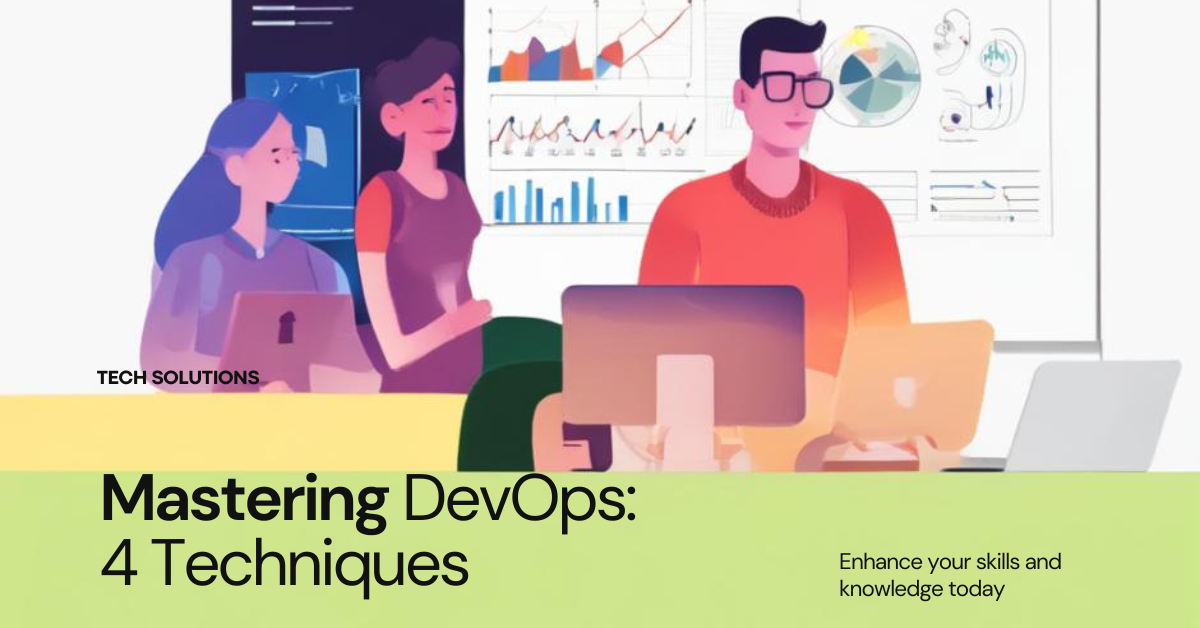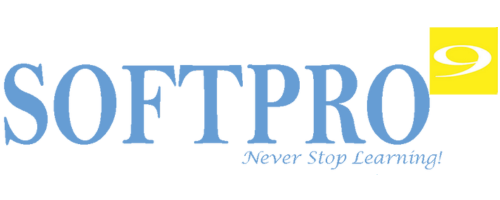
4 Effective Ways to Gain Knowledge for DevOps Training
#1 Myinstitutes.com is one of the best educational portals and training institutes in MYSORE, MANGALORE, and BANGALORE.
4 Effective Ways to Gain Knowledge for DevOps Training
In today’s fast-paced tech world, DevOps has become an essential methodology for improving collaboration between development and operations teams. Organizations are increasingly adopting DevOps to enhance software delivery, automate workflows, and improve efficiency. However, mastering DevOps requires a combination of technical skills, hands-on experience, and continuous learning.
If you’re looking to build expertise in DevOps, here are four effective ways to gain knowledge and stay ahead in this dynamic field.
1. Enroll in a Structured DevOps Training Program
A structured DevOps training program is one of the best ways to build a strong foundation in DevOps concepts. These programs provide a well-defined curriculum, covering essential topics like:
- Version control (Git, GitHub, GitLab)
- Continuous Integration & Continuous Deployment (CI/CD) (Jenkins, GitHub Actions)
- Configuration Management (Ansible, Puppet, Chef)
- Containerization & Orchestration (Docker, Kubernetes)
- Cloud Platforms & Infrastructure as Code (IaC) (AWS, Azure, Terraform)
Online learning platforms like Udemy, Coursera, edX, and LinkedIn Learning offer both beginner and advanced DevOps courses. Additionally, many institutes provide certification-based training, such as the AWS Certified DevOps Engineer, Google Cloud DevOps Engineer, and Kubernetes Administrator Certification (CKA).
By enrolling in a structured training program, you get access to industry experts, guided hands-on labs, and real-world case studies, helping you gain a deeper understanding of DevOps principles.
2. Gain Hands-on Experience with DevOps Tools
Theoretical knowledge is essential, but practical experience is what truly helps in mastering DevOps. Hands-on experience with DevOps tools allows you to understand how automation, infrastructure management, and CI/CD pipelines work in real-world scenarios.
To get started, you can:
- Set up a personal DevOps lab: Use virtual machines, cloud services, or tools like Vagrant and Docker to create a testing environment.
- Work on small projects: Create sample CI/CD pipelines using Jenkins or GitHub Actions to automate code deployments.
- Experiment with cloud platforms: Platforms like AWS, Azure, and Google Cloud offer free-tier services where you can practice deploying applications, setting up Kubernetes clusters, and automating infrastructure.
- Use IaC tools: Learn how to write Terraform scripts or Ansible playbooks to automate server provisioning and configuration management.
By working with real DevOps tools, you’ll build confidence and become comfortable handling complex DevOps environments in an enterprise setting.
3. Join DevOps Communities and Forums
Engaging with DevOps communities and forums is a great way to expand your knowledge, gain insights from industry experts, and stay updated with the latest DevOps trends. Some of the best platforms to interact with professionals and DevOps enthusiasts include:
- Reddit (r/devops, r/kubernetes) – Active discussions on DevOps tools, workflows, and industry challenges.
- DevOps Slack and Discord groups – Many DevOps professionals collaborate and share insights through chat groups.
- LinkedIn Groups – Follow DevOps-focused groups for networking, webinars, and job opportunities.
- GitHub & Stack Overflow – Engage in open-source projects and DevOps-related discussions to solve real-world issues.
- Meetup.com & DevOpsDays Events – Attend DevOps meetups, workshops, and conferences to connect with professionals and learn about cutting-edge practices.
Being part of a DevOps community allows you to ask questions, share experiences, and stay motivated throughout your learning journey.
4. Read Books and Follow Industry Blogs
Since DevOps is an evolving field, continuous learning is essential to keep up with new technologies and best practices. Reading books and following industry blogs will help deepen your understanding of DevOps principles and case studies.
Some must-read DevOps books include:
- “The Phoenix Project” by Gene Kim – A novel that explains DevOps concepts in a real-world scenario.
- “The DevOps Handbook” by Gene Kim, Patrick Debois, and Jez Humble – A detailed guide on implementing DevOps in organizations.
- “Accelerate” by Nicole Forsgren, Jez Humble, and Gene Kim – A research-backed book on how DevOps improves software delivery performance.
- “Site Reliability Engineering” by Google Engineers – A deep dive into how Google manages large-scale DevOps and SRE practices.
Additionally, follow industry blogs and websites like:
- DevOps.com – Latest news, case studies, and industry trends.
- AWS DevOps Blog – Insights into DevOps practices on AWS.
- The New Stack – In-depth articles on DevOps, cloud, and automation.
- Google Cloud Blog – Updates on DevOps best practices in Google Cloud environments.
By consistently reading books and blogs, you’ll gain theoretical knowledge, stay updated with industry advancements, and discover best practices followed by top organizations.
Final Thoughts
Gaining knowledge in DevOps is not just about learning tools—it’s about understanding the culture, automation, and collaboration behind it. By enrolling in structured training, gaining hands-on experience, engaging with the DevOps community, and continuously reading industry insights, you can build a strong foundation in DevOps.
Start with small projects, explore different DevOps tools, and gradually enhance your expertise. Whether you’re a beginner or an experienced IT professional, mastering DevOps will open doors to exciting career opportunities in cloud computing, automation, and software development.
Are you ready to start your DevOps journey? Pick a method that suits your learning style and begin exploring the world of DevOps today!
Top 3 Diploma Cosmetology Courses in Bangalore
- Myinstitutes
- Course.iican.in
- iicad.in



